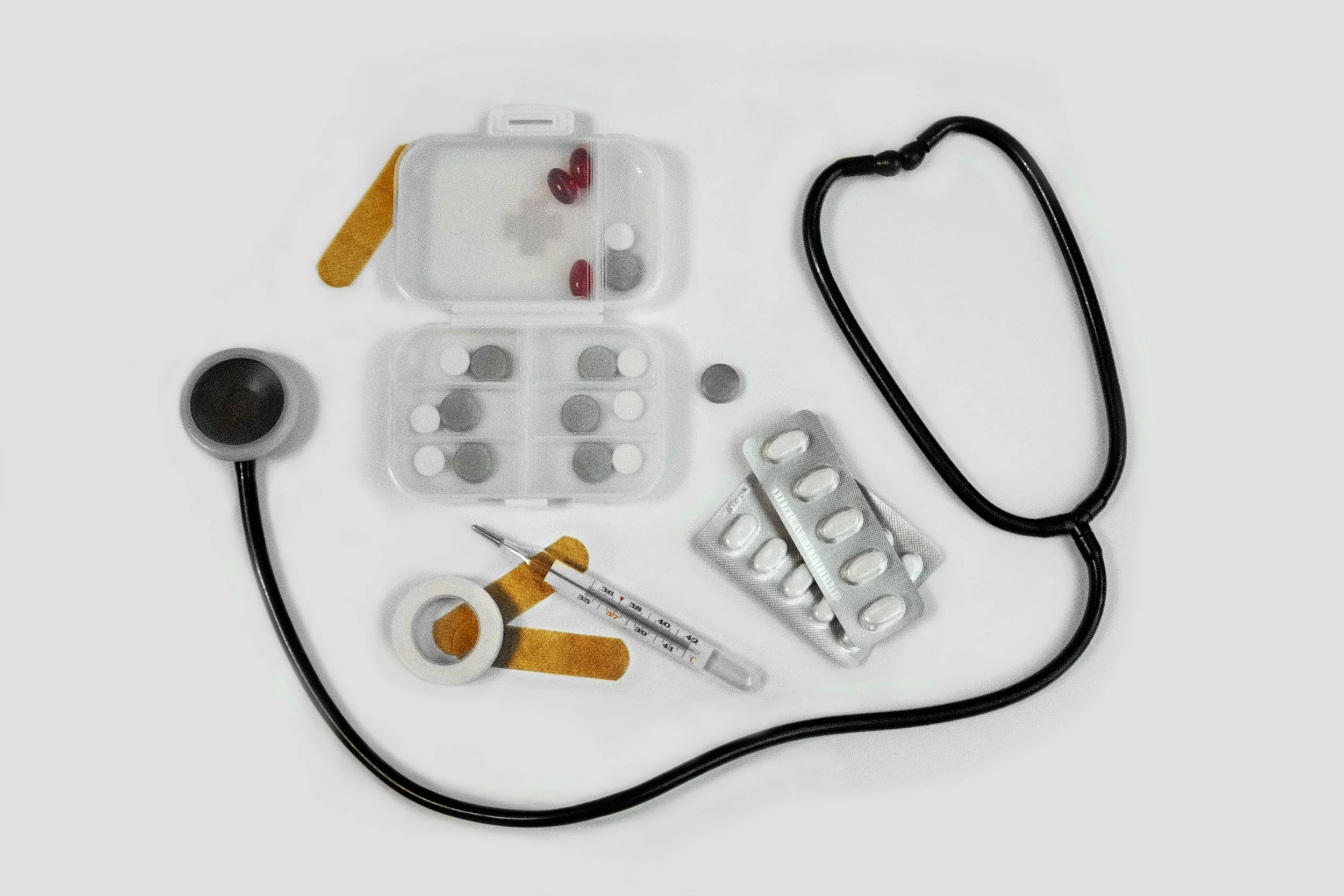Our immune system is made up of trillions of cells, tissues, and organs whose job it is to protect us from foreign invaders. 85 to 90% of the immune system is inside the digestive tract and controlled by the microbiome. When the gut is not working optimally due to factors, such as hidden food allergies and antibodies, toxins and other pathogens start leaking out into the bloodstream and poisoning the body. This is what sets a person up for an autoimmune disease.
Read MoreSam came to see Dr. Bhandari because he had been suffering from reflux for over 10 years and taking heartburn pills. Learn about the danger behind the most commonly prescribed drug: PPI and how it holds people back from ever being cured.
Read MoreYour relationship with food has everything to do with if you are destined to be happy versus more susceptible to stress or trauma which, over time, increases your risk of mental and physical illnesses. Learn a few simple tips on how to rethink food and feel empowered.
Read MoreLearn how integrative medicine can dramatically help lessen memory loss and brain fog.
Read MoreHealth begins in home, and more specifically, in the kitchen. From the moment you wake up, the decisions you make set the course of your day. Your decisions forms your rituals and habits, and define your future. For that reason, it’s important to understand the importance of a well-organized kitchen.
Food fuels everything; food is medicine.
Read MoreCancer can be detected early and decrease risk of suffering calamities by knowing exactly how to read biomarkers.
Read MoreAs the new year gets under way, many people are trying to make good on resolutions that included "getting healthy," but what does that mean, exactly? Getting healthy means different things for different people. The key is to find creative way to remove or reduce toxins and feel your best.
Read MoreThere’s a very clear difference between food that will kill us and others which will make us feel uncomfortable. Learn the difference between food sensitivity versus an allergy.
Read MoreB vitamins are one of the most important nutrients for everyone, especially in pregnancy. Infancy and pregnancy are the times in a person’s life when cellular metabolism is at its most intensive. Cellular mitosis changes a fertilized egg into a whole cluster of cells growing exponentially. Eventually, raw stem cells diversify into highly specialized tissues in a developing fetus. B vitamins, in particular, are especially important for this cell diversification in order to develop healthy organs, especially the brain and nervous system.
Read MoreAn alkaline diet helps decrease creating acidic waste products, and has nothing to do with the relative alkalinity of the foods. Dairy products, for example, are alkaline in nature but inside a human create an acidic reaction. When we shift to an more alkaline diet, it is associated with a wide variety of mental and physical benefits.
Read MoreCortisol, sometimes called the “stress hormone,” can protects us and cause immense harm if it remains at high levels for too long.
Read MoreMaking simple shifts in how and what you consume can have a dramatic impact in improving your skin health and lessen the severity of eczema flare-ups. To understand the impact of diet on skin health, it is important to first understand exactly what eczema is and how it can be impacted by other systems of the body.
Read MoreWhile it’s been accepted for decades that certain substances can hijack the dopamine pathways in the brain, providing a neurochemical reward which fosters habitual, and obsessive consumption, the term “addiction” has historically only been used to apply to narcotics like opioids, alcohol, and nicotine. A person with a caffeine addiction isn’t generally considered an “addict” in the same sense, since the substance doesn’t burden a user with so many deleterious effects as its more destructive counterparts. There are many foods which cause harm to the body and mind and be addictive.
Read MoreWhen hormones affect memory, you may experience “brain fog”. When hormones impact your mood, you may experience outbursts of anger or find yourself crying randomly. Learn more about how your hormones play a direct role in how you think and feel, and possible treatments.
Read MoreWe are exposed to environmental toxins all the time. Even the simplest of daily routines can expose us to pollutants found in the water we drink, foods we eat, and the air we breathe. Learn how you can decrease your toxin load and better support your organs in removing biologically harmful compounds associated with many diseases.
Read MoreThe #1 cause of thyroid dysfunction is an autoimmune disorder called Hashimoto’s. Plenty of people who are living with it are unaware they have it. Learn more about its symptoms and what you can do to treat it naturally.
Read MoreConstipation can have many causes and it doesn’t always present the same way in different people. Broadly speaking, it means that something is wrong with your large intestine tied directly to consuming foods you cannot easily digest, inadequate hydration, a person’s lifestyle, habits, and other medical conditions.
Read MoreThere are many reasons more people are shifting to a plant-based diet. For some it is about ethics, for others it’s about improving their health, helping the planet, and to save money when preparing meals for a large family. If you’re interested in making the switch, learn how you can started with some delicious, healthy recipes.
Read MoreImpure water is a serious problem in just about every part of the industrialized world. The risk factors are vast and most are unavoidable, even with a robust municipal water filtration system. While we don’t mean to question the efficacy of your local water filtration systems, there are some dangers that are simply beyond their means and control.
Read MorePsoriasis is an autoimmune condition that affects between 1-3% of Americans. It is directly linked to havoc happening inside the gut which causes inflammation to show up on the surface of the skin. As a result, the skin can appear red and scaly, sometimes even cracked or bleeding. Psoriasis can also cause joints to swell or stiffen, brittle nails and hair loss.
Read More



















